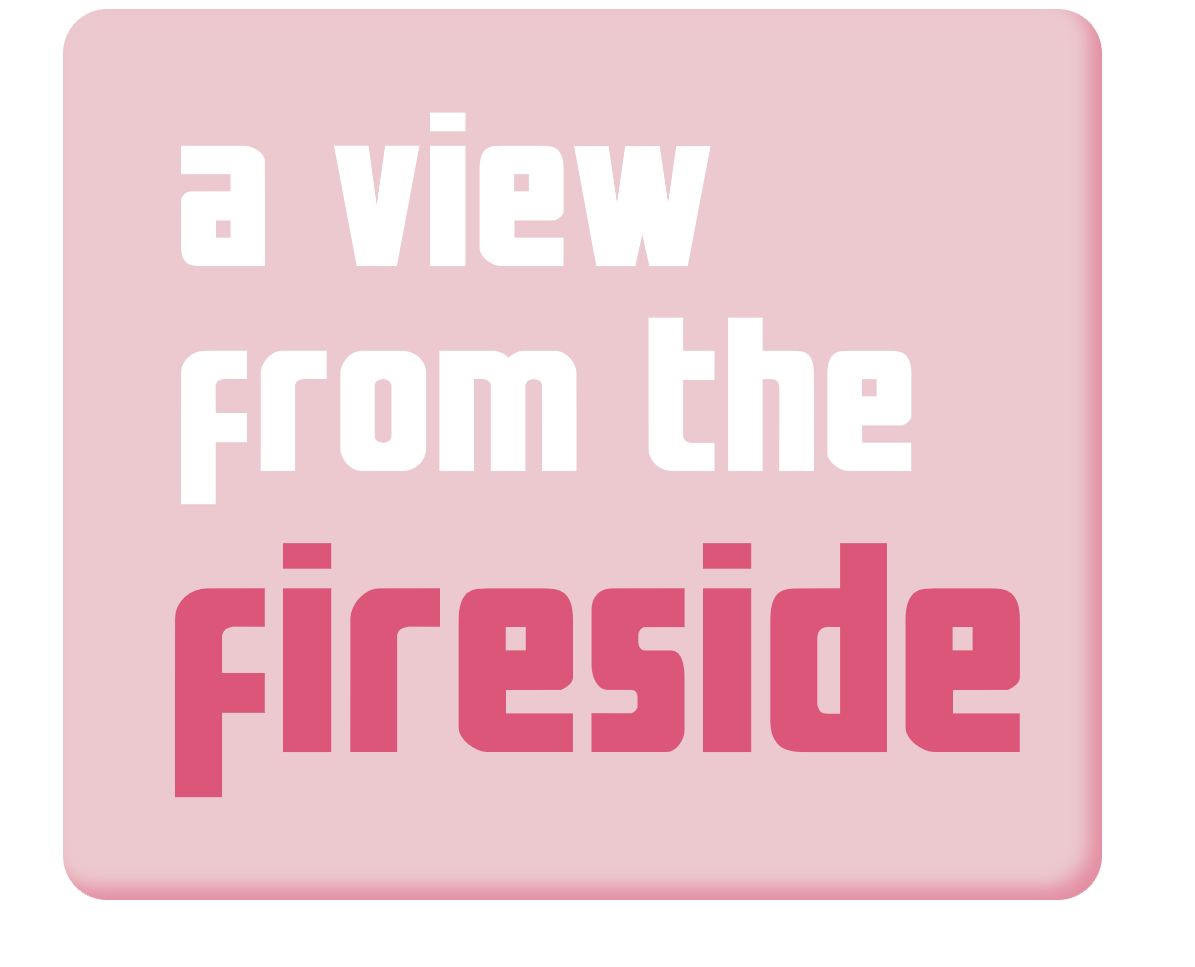By Nathalie Diepstraten,
Junior Consultant
Despite progress toward gender equality, the mother of all gender gaps still stands, the authority gap, a term coined by Mary Ann Sieghart in her book of the same name.
The authority gap is the persistent underestimation of female competence where women are accorded less authority than men, in their private and professional lives. The evidence is undeniable. Research has found that we expect women to be less expert than men. Most of us, women included, are less willing to be influenced by a female point of view, and therefore are uncomfortable with the notion of female authority. This exists whether we are aware of it or not.
As a society, no matter how progressive or educated we may believe we are, we are still far too willing to associate the male gender with authority. Unsurprisingly, given that this bias is embedded within us from early childhood. When asked to estimate their children’s IQ, British parents will approximate a score of 115 for their sons and 107 for their daughters.
The result: a society that believes men to be more competent than women. On average adult men will estimate their IQ at 110 while women will estimate 105, even though there is no difference in the IQ curves between genders. This is the reason why confident women are described as ‘abrasive’, ‘bossy’, or ‘overbearing’. It’s why men feel women are dominating a discussion when they talk 30% of the time. It’s why female Supreme Court Justices in the US are interrupted four times more than their male colleagues. It’s why women are twice as likely as men to have to provide evidence of their competence. It’s why our media is framed by men, with only 16% of people quoted on the front of newspapers being women.
The moral reasoning for narrowing the authority gap should be clear, but what is oft ignored is how we can all benefit. Gender equality is not a zero-sum game. In every aspect of life, egalitarianism benefits men too.
Not only are women happier in gender-equal relationships, but so are men. They are twice as likely to say they are satisfied with their lives, half as likely to be depressed, less likely to drink, smoke, or do drugs, and less likely to get divorced. This is the case regardless of class or income.
At work, people with female managers tend to be more engaged and loyal, naturally, great news for employers. The business case for promoting more women to positions of authority is strong. According to McKinsey & Company, the most gender-diverse companies are 25% more likely to earn above average profits and the more women in senior jobs, the higher the likelihood of outperformance.
The world may also be better run if women were accorded more political authority. Female politicians do more constituency work, are less corrupt and embrace a more inclusive, cooperative leadership style. States led by women are also less likely to go to war. During the pandemic, female leaders reacted faster and more decisively, meaning their countries suffered half as many deaths on average as those led by men. Female political leadership also benefits the planet, with women more likely to consider the implications of their actions on the climate.
From the home, to the workplace, to the state, to the planet, equal authority between genders is in all of our interests. The Journal of Happiness Studies states that improvements in the status of women have a distinct impact on the overall quality of life in a country, for all. We have so much to gain, men as well as women, from taking women seriously. We will all lead healthier, happier, richer and more fulfilled lives. We’ll be better governed, and the planet will benefit too.
For more information read Mary Ann Sieghart’s book, The Authority Gap: Why Women Are Still Taken Less Seriously Than Men, And What We Can Do About It.
